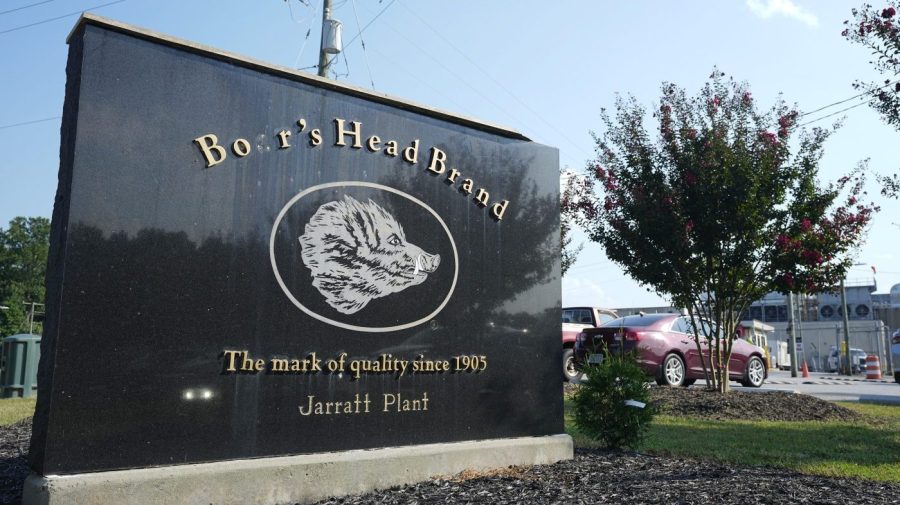
The U.S. Department of Agriculture (USDA) has released more inspection records that found unsanitary conditions at multiple Boar’s Head deli meat plants.
The newly released reports come from Freedom of Information Act requests from several news outlets after last year’s deadly listeria outbreak began at one of the company’s factories.
The records show violations found at Boar’s Head plants in New Castle, Indiana; Forrest City, Arkansas; and Petersburg, Virginia, and echo problems highlighted at the Jarratt, Virginia plant last year.
Issues at the plants date back about six years, including equipment covered in meat scraps, “old dry meat and fat residue,” and “stinky residue” in production and machinery areas.
The reports also detailed other issues like mold, “unidentified slime,” insects, pools of blood, trash and other debris.
The Hill has reached out to Boar’s Head for comment, but in an email to The Associated Press, officials said the violations do not meet the company’s “high standards.”
The remaining plants operate under normal USDA oversight, officials said.
Similar issues were not found in a fourth released report detailing the New Holland, Michigan plant.
In inspection documents released by USDA last September, inspectors warned that the Jarratt, Va. plant posed an “imminent threat” as early as two years before the recent deadly listeria outbreak.
Despite inspection reports noting the various issues and company being informed of the problems, the plant continued to operate and process its products.
Shortly after the release of the first inspection documents, Boar’s Head said it was closing the Jarratt facility linked to the listeria outbreak that killed at least nine people and left the company to recall 7 million pounds of product.
In a report released last week, USDA noted that its Food Safety and Inspections Service team determined a contributing factor to the listeria outbreak was the Jarratt facilities’ “inadequate sanitation practices.”
After the outbreak, USDA said it would review and update its own processes for lunch meat and ready-to-eat foods. The agency said it had requested a larger federal budget to continue compliance and update its procedures to ensure that companies provide high-quality products to consumers without violations in manufacturing.












